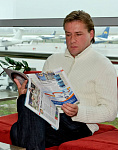There are several specific requirements when choosing a property in a foreign city. Whatever your preferences, they must meet the rule of three P's: attractiveness, livability and prosperity. Of course, everyone has their own reasons for looking for areas that meet these criteria. However, they must offer a high quality of life, safety and favourable economic indicators. This blog presents a number of cities that live up to expectations and offer prospects for those who wish to live and own in them.
Miami, USA
Quality of Life Index: 158
Average prices for basic goods and services (at the time of publication, according to Numbeo's expert portal):
Rent for a 1-bedroom apartment per month, centre: 2.4-3.400 euros, other districts: 1.6-2.400 euros;
- dinner for two in a middle-class restaurant: 95 euros;
- white bread (500 g) in a supermarket: 4 euros;
- public transport: 2.17 euros;
- petrol (1 litre): 0.9 euro;
- basic utilities (per month for an 85 m2 apartment): 147 euros;
- standard mobile phone tariff (per month): 63 euros;
- unlimited internet (per month): 63 euros
Miami is one of the largest cities in the USA and a popular year-round resort on the Atlantic coast, attracting beach and water sports enthusiasts from all over the world. The weather is hot and humid most of the year, but the city is occasionally hit by destructive hurricanes. New buildings and roads are designed with this in mind. Downtown Miami has the highest density of banking institutions and international corporate headquarters in the Americas. The state's humane tax policies, modern infrastructure and recent construction boom are attracting local businesses. Miami is one of the most multicultural cities in the United States, having long attracted residents from Latin America, the Caribbean and artists from post-Soviet republics.
Its airport welcomes planes from all over the world, and its seaport is home to cruise ships flying the flags of many countries. In Miami, famous for its beaches and sleepless nightlife, life is like a summer holiday. Unlike the stone jungle of New York, it is ideal for those who prefer to relax on the coast or in the countryside. Although the city is crisscrossed with canals, there is a well-planned network of roads, parks and green spaces. Many universities and colleges make it an educational centre, and the presence of numerous recording studios - musical. Miami, where the streets of the historic part are dominated by Spanish architecture with palm trees, offers a variety of entertainment and calorie replenishment options at any time of day. The city offers a high quality of life at relatively high consumer prices and, according to most locals, "a unique blend of cultures that makes migrants feel closer and more comfortable".
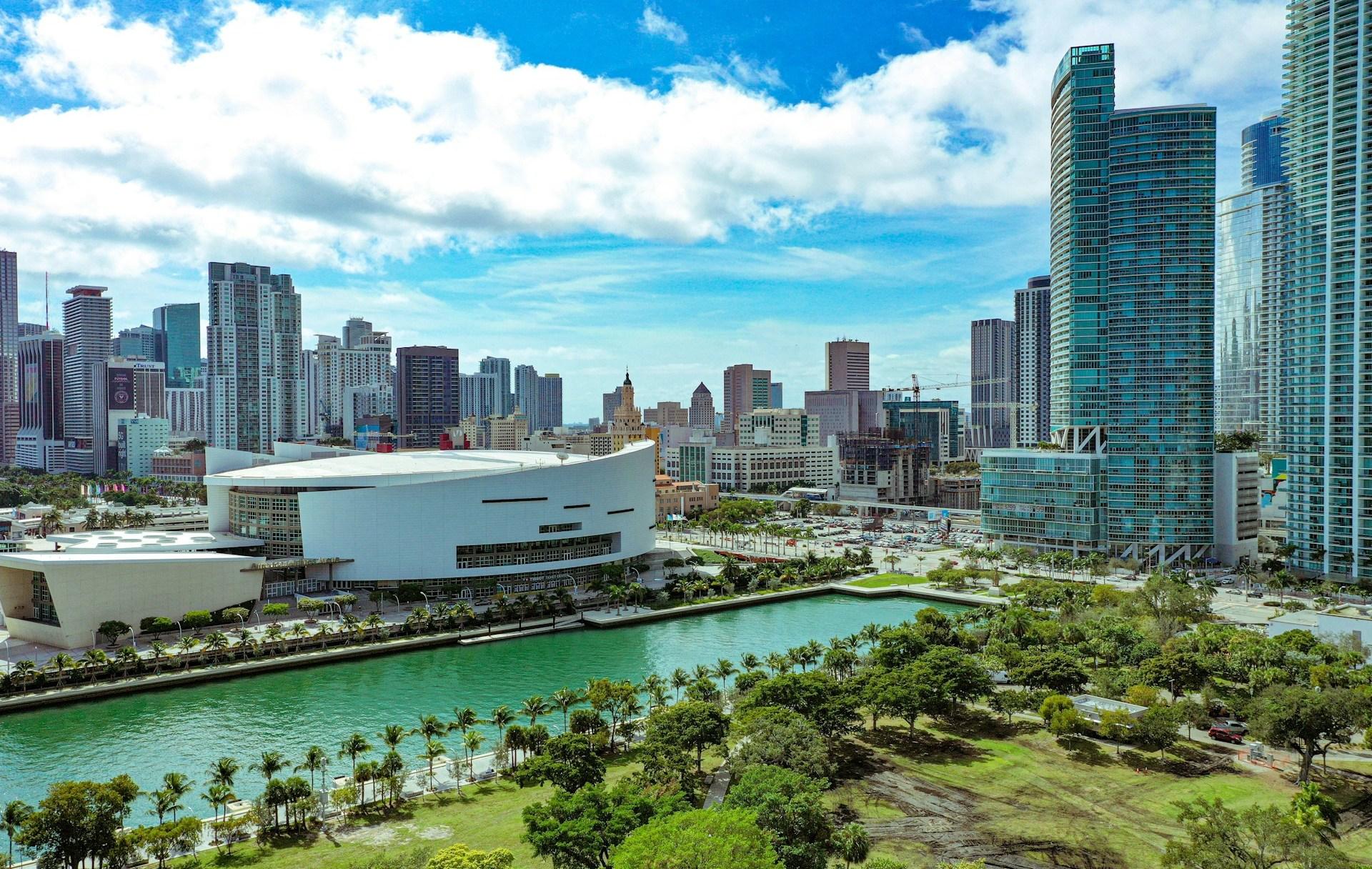
Valencia, Spain
Quality of Life Index: 201
Average prices of basic goods and services:
- Rent for a 1-bedroom apartment per month: Centre: 900-1,400 euros, other areas: 700-1000 euros;
- lunch for two in a middle-class restaurant: 50 euros;
- white bread (500 g) in a supermarket: 1 euro;
- public transport: 1.5 euro;
- petrol (1 litre): 1.54 euro;
- basic utilities (per month for an 85 m2 apartment): 125 euros;
- standard mobile phone tariff (per month): 12 euros;
- unlimited internet (per month): 25 euros.
A thriving Mediterranean resort, Valencia has a relatively low cost of living, wide beaches and a cosmopolitan expat community. With warm winters and hot Mediterranean summers, the city has gained a reputation as one of the safest places to live in Spain, adding to its appeal. Valencia was founded by the Romans in the 2nd century BC and was repeatedly raided by foreign invaders. Over the centuries it became one of the region's trading centres, with silk being the main export, as evidenced by the surviving Silk Exchange building, a UNESCO World Heritage Site. Other postcard architectural highlights include the Cathedral of the Virgin Mary, the Aguas Palace, the Church of Santa Catalina and the modern City of Arts and Sciences. Valencia has more than 50 museums, a number of landscaped parks, theatres, nightclubs and plenty of places to sample Spanish cuisine, including the famous paella, which was born here. A pleasant climate, picturesque beaches and 24-hour entertainment make Valencia an ideal holiday destination.
Valencia is an ideal destination for lovers of the sea and nightlife. The economy of the city and the province of the same name is based on agriculture, the automotive industry, the development of high technology and tourism. In 2024, the city was chosen as the Capital of the Social Economy of Spain for its tangible contribution to the agro-industrial and educational sectors. Valencia is the third largest city in the country with attractive property prices, increased security and a lower cost of living compared to Madrid and Barcelona. The city's property market offers a wide range of investment opportunities, from modern apartment complexes in new neighbourhoods to luxury apartments in the old town. Valencia is a region that epitomises the spirit and beauty of Spain: its rich cultural heritage, impressive architecture, delicious cuisine and picturesque beaches make it an attractive place to live a happy life.
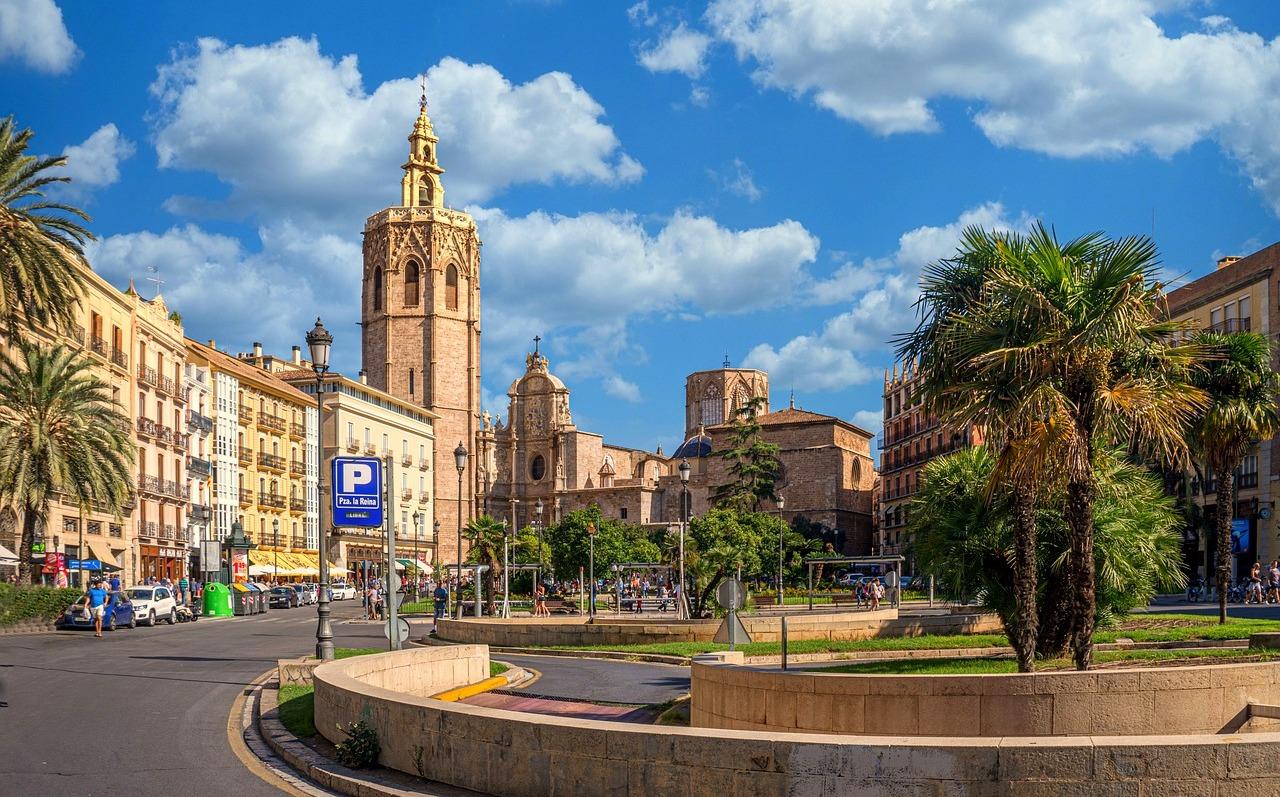
Abu Dhabi, UAE
Quality of Life Index: 143
Average prices of basic goods and services:
- Rent for a 1-bedroom apartment per month, centre: 1-2000 euros; other areas: 780-1,300 euros;
- lunch for two in a middle-class restaurant: 65 euros;
- white bread (500 g) in a supermarket: 1.3 euros;
- public transport: 0.66 euros;
- petrol (1 litre): 0.7 euro;
- basic utilities (per month for an 85 m2 apartment): 140 euros;
- standard mobile phone tariff (per month): 50 euros;
- unlimited internet (per month): 100 euros.
Located on an island in the Persian Gulf, the capital of the Emirates is second only to Dubai in terms of population. Abu Dhabi is the political and industrial centre of the country, with the highest levels of security, culture and trade. It has a hot desert climate with summer temperatures exceeding 40°C and a relatively cool season from November to March. The city is home to several iconic architectural landmarks, including the Grand Mosque, the Presidential Palace, the memorial to the country's founder and first president, Sheikh Zayed bin Sultan Al Nahyan, the emirate's oldest building, Qasr Al Hosn, and the Etihad Tower. The region boasts numerous landscaped parks and world-class beaches, and the construction of super-tall buildings is enshrined in the city's development plan and strongly encouraged by the authorities. To expand the capital's economic potential, the government is investing heavily in the industrial, construction and tourism sectors.
Zayed International Airport is home to Etihad Airways, the second largest airline. The city has developed a cosmopolitan atmosphere with Asian, European and African churches, schools, restaurants and cultural centres. This is largely because most of the residents come from other countries with different mentalities and cultures. Abu Dhabi is the country's sporting centre, hosting the Formula 1 Grand Prix and Red Bull Car Racing. It also hosts tournaments in national camel racing, equestrian sports, football and some martial arts. Abu Dhabi's cuisine is a blend of national and international dishes. The sale of pork and alcohol is strictly regulated, although not illegal. The emirate's capital is home to many universities, including international ones, and cultural institutions that host a wide range of exhibitions, public events and performances by artists of various genres. The property market offers apartments and private villas on the beach and in the city centre, as well as residential complexes for happy families with access to play parks, shops and recreational facilities. Abu Dhabi has a highly developed transport infrastructure, world-class medical facilities and an ever-increasing standard of living.
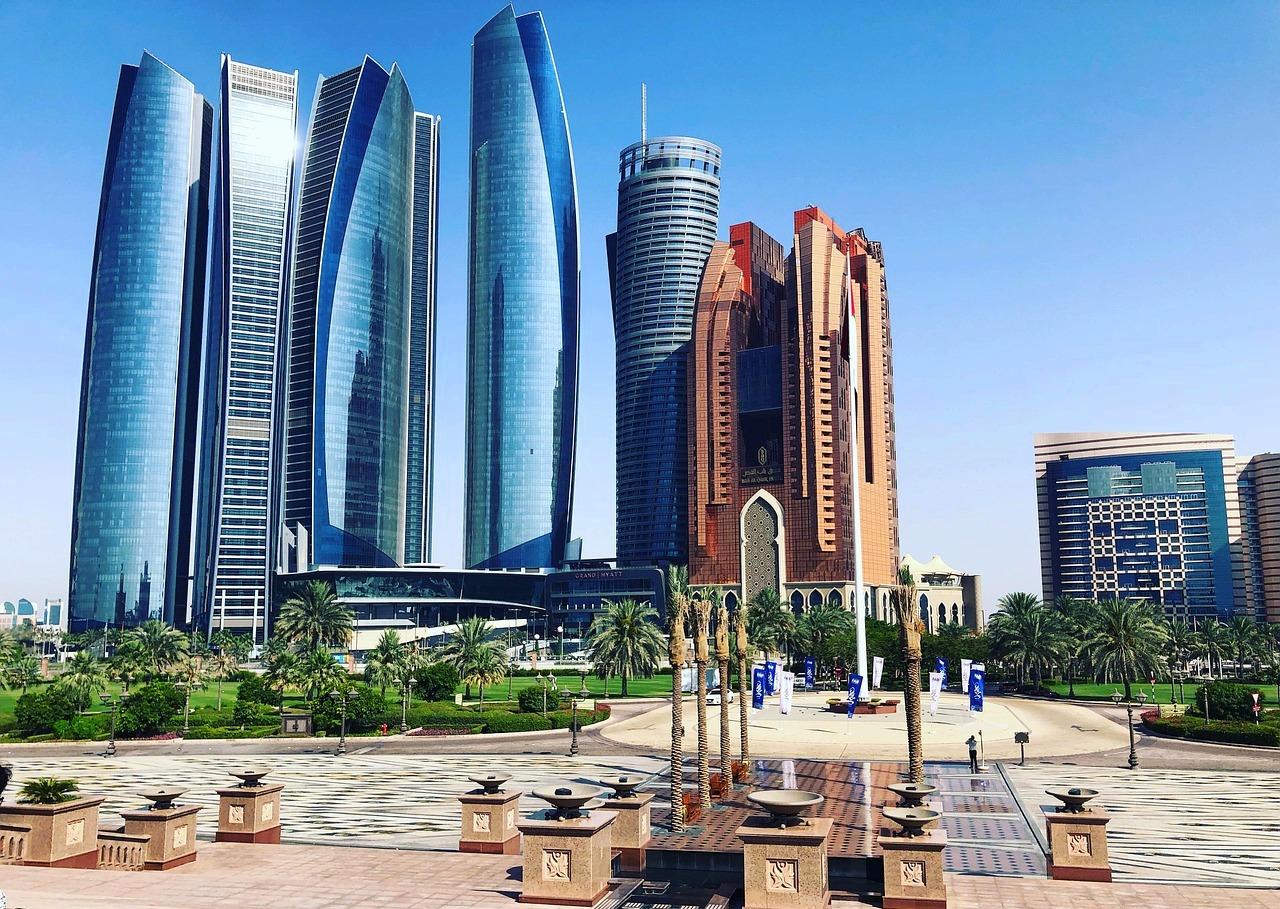
Paphos, Cyprus
Quality of Life Index 185
Average prices of basic goods and services:
- Rent for a 1-bedroom apartment per month, centre: €600-1,300; other areas: 450-1.200 euros;
- lunch for two in a middle-class restaurant: 60 euros;
- bottle of water (1.5 litres) in a supermarket: 1.16 euros;
- white bread (500 g) in a supermarket: 1.5 euros;
- public transport: 2 euros;
- petrol (1 litre): 1.4 euro;
- basic utilities (per month for an 85 m2 apartment): 174 euro;
- standard mobile phone tariff (per month): 21 euros;
- unlimited internet (per month): 32 euros.
Ancient Paphos, in the southwest of the island, combines a rich historical heritage with modern infrastructure and resort romance. With a highly developed seaside resort industry, offering everything from intense water sports to relaxing on the beach under a parasol, the city is known and admired by millions of international tourists. The region is home to many architectural and historical monuments, making Paphos a UNESCO World Heritage Site. There is a high level of security, Cypriot and international schools, which plays an important role when staying with children.
A network of shopping centres, entertainment centres and service industries are methodically expanding their business. Paphos has been famous for its wine, olive oil and cheese production since ancient times. Today, the region is being transformed into a platform for the development of start-ups and high technology. Paphos International Airport connects the island to a number of cities on three continents, making the logistics of travelling to the island much easier for tourists and businessmen. The local property market offers investors a wide range of properties from luxury villas to apartments in the bustling tourist centre near the coast or in quiet residential areas. The combination of ancient traditions and modern lifestyle makes Paphos ideal for those moving to Cyprus in search of moderate leisure, a warm climate and the beauty of the sea.
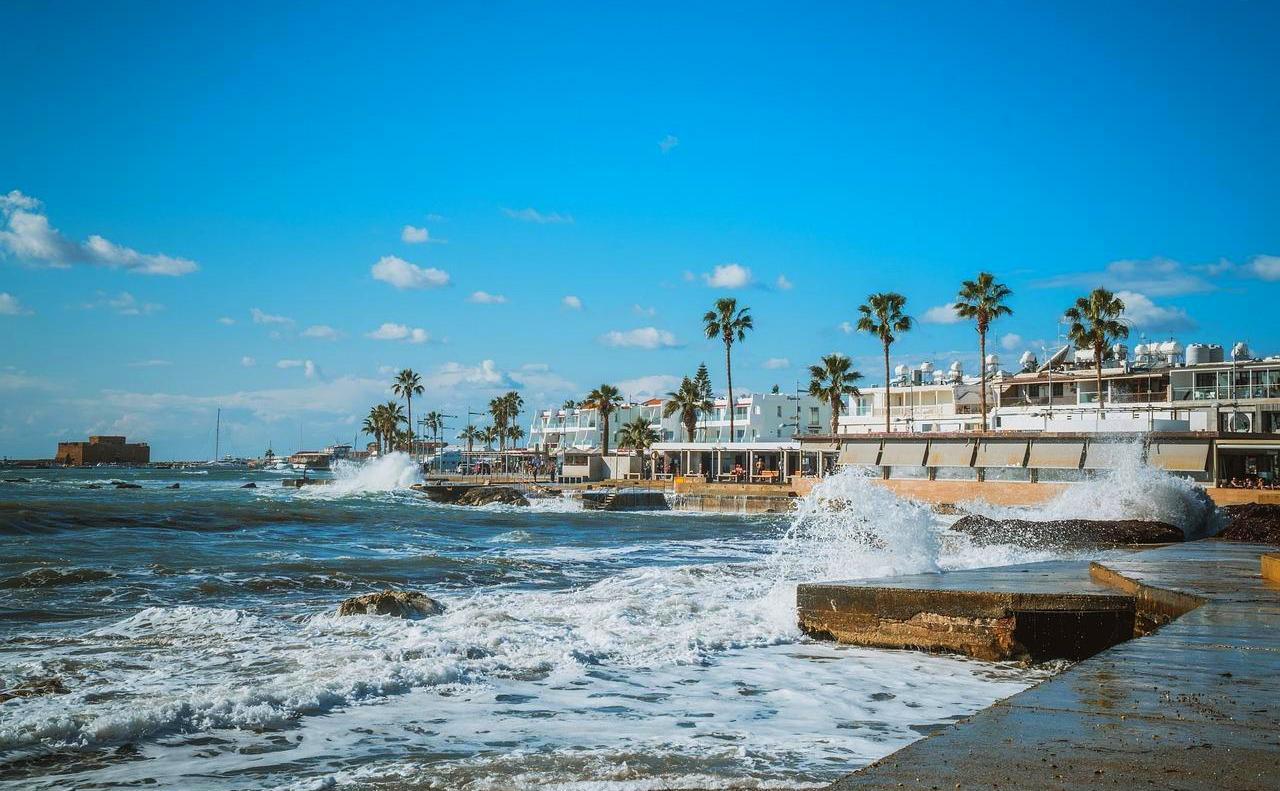
Sydney (Australia)
Quality of Life Index: 188
Average prices of basic goods and services:
- Rent for a 1-bedroom apartment per month, centre: 1.7-2.500 euros; other areas: 1-1.800 euros;
- lunch for two in a middle-class restaurant: 70 euros;
- white bread (500 g) in a supermarket: 2.5 euros;
- public transport: 3 euros;
- petrol (1 litre): 1.1 euro;
- basic utilities (per month for an 85 m2 apartment): 185 euros;
- standard mobile phone tariff (per month): 24 euros;
- unlimited internet (per month): 46 euros.
Australia's largest city and industrial centre, with a population of over 5 million, was founded in 1788 as the first European colonial settlement on the island. Sydney has a subtropical oceanic climate with moderately hot summers and warm winters. Sydney's architecture combines skyscrapers in the city centre with colonial buildings with verandas on the outskirts. The city's most famous and recognisable buildings are undoubtedly the UNESCO World Heritage-listed Sydney Opera House and the Harbour Bridge. Sydney is the country's financial and industrial centre and is home to most of the offices of local and foreign companies. The city has developed information technology, health care and commerce, including stock trading.
Several local universities, ranked in the world's top 100, offer students in-depth knowledge in the sciences and humanities. The cost of living in Sydney is in the top 20 in the world, with a reasonable level of earned income for the local population. The city has a large number of theatres, shopping centres, restaurants and entertainment venues. The transport network is well developed and the local airport serves as Australia's main air gateway. Sydney has hosted many of the world's major sporting events, including the Olympic Games. The region is one of the most multicultural and cosmopolitan in the world, attracting expats from all over the world. At the same time, a high level of safety is maintained and much attention is paid to the environment, including marine ecology. It should be remembered that Australia is home to a number of dangerous and poisonous animals, including spiders, snakes and sharks. Sydney offers a decent quality of life and an opportunity for self-fulfilment, especially for those who are not afraid to move to the other side of the world.
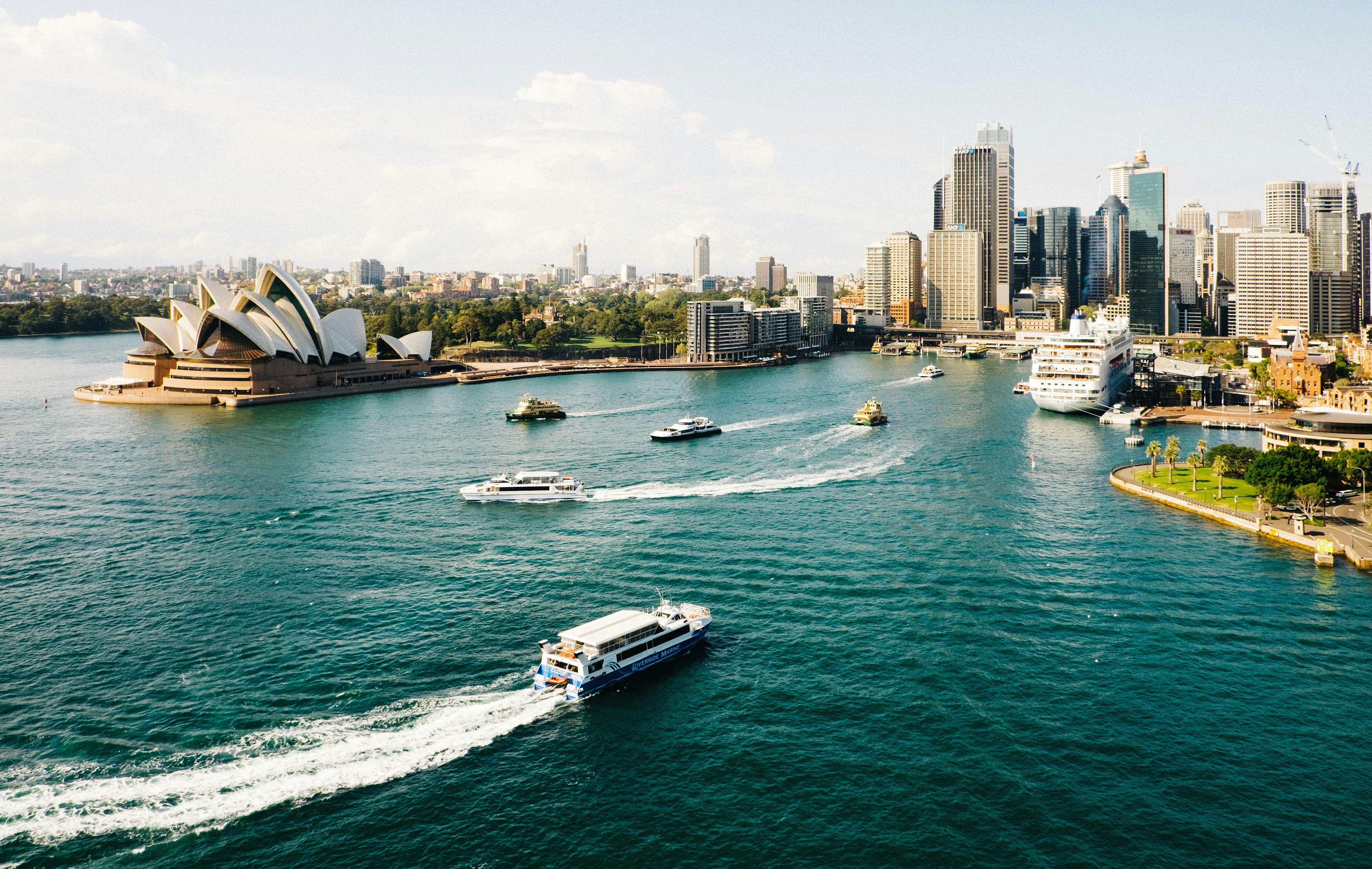 Austin, Texas, USA
Austin, Texas, USA
Quality of Life Index 197
Average prices of basic goods and services:
- Rent for a one-bedroom apartment per month, central area: 1.6-3000 euros, other areas: 1.2-1.700 euros;
- lunch for two in a middle-class restaurant: 70 euros;
- white bread (500 g) in a supermarket: 3.5 euros;
- public transport: 1.45 euros;
- petrol (1 litre): 0.7 euro;
- basic utilities (per month for an 85 m2 apartment): 177 euro;
- standard mobile phone tariff (per month): 57 euros;
- unlimited internet (per month): 64 euros.
Austin is the capital of the state of Texas and one of the fastest growing cities in the United States. The city was founded in 1839 and named in honour of Stephen Austin, one of the founders of independent Texas. The region has a humid subtropical climate with hot, long summers, moist winds from the Gulf of Mexico and mild, short winters. The city is home to the Texas State Museum and the O. Henry House Museum, and hosts a kaleidoscope of international art festivals, competitions and openings each year. The abundance of venues, concerts, orchestras and street musicians of all genres has led Americans to call Austin 'the music capital of the world'. The capital of Texas has thousands of food vendors in mobile food trucks offering a world of culinary creativity. Like the rest of the country, sports are popular and well-loved in the city, from the Formula 1 Grand Prix races held here to the national American football and baseball games. Austin has a number of universities, the largest of which is the University of Texas, as well as many elementary schools offering a high quality education. The state capital is considered one of the largest hi-tech centres in the country, with offices of world-famous companies such as 3M, Apple, Intel, Tesla, Hewlett-Packard, Google and many others. This is why the region is informally known as Silicon Hills. Austin is also known as a cluster for pharmaceutical development, biotechnology and organic food production. The local job market has shown steady growth and promise in recent years. Since 2015, the city government has sought to improve Austin's demographic situation, which has stimulated intensive residential construction. This has significantly changed the city's image and led to the opening of upmarket shops, restaurants and other services, as well as the development of the transport network, which has had a positive impact on the quality of life of its citizens and the development of the region as a whole.
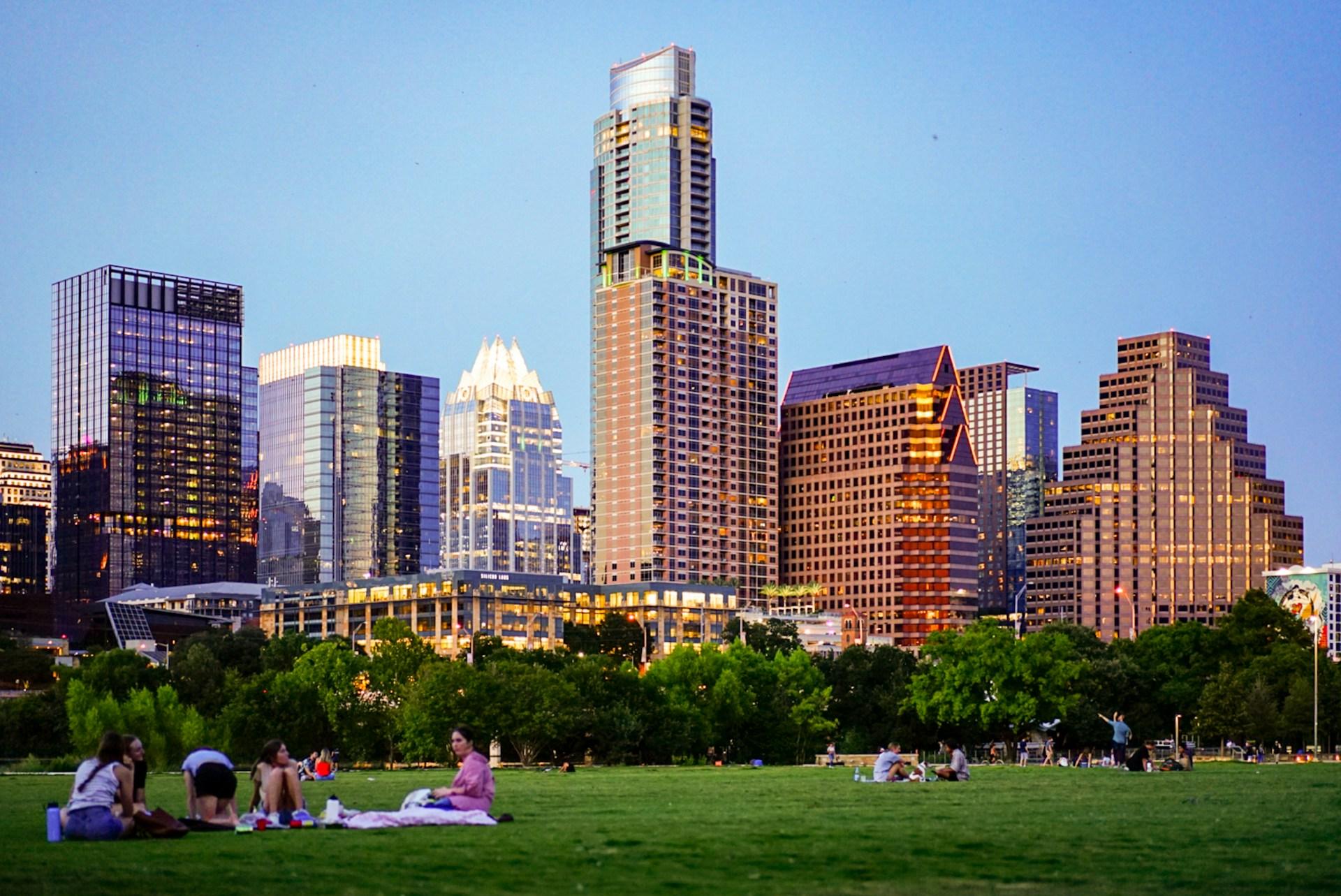
Turin, Italy
Quality of Life Index: 143
Average prices of basic goods and services:
- rent for a one-bedroom apartment per month, centre: 550-850 euros, other districts: 400-650 euros;
- lunch for two in a middle-class restaurant: 60 euros;
- white bread (500 g) in a supermarket: 2 euros;
- public transport: 2 euros;
- petrol (1 litre): 1.7 euro;
- basic utilities (per month for an 85 m2 apartment): 195 euro;
- standard mobile phone tariff (per month): 9 euros;
Turin is an economic and cultural centre in north-west Italy, founded during the Roman Empire in 28 BC. It became an important political centre in Europe in the 19th century and the country's first capital in 1861. After Milan, Turin is the second most important centre of industrial production and the automotive capital of Italy: all the famous car brands except Ferrari are assembled here. The city ranks third in the number of innovative start-ups and IT companies and has one of the highest rates of patent applications to the European Patent Office. The aerospace, chemical, textile, pharmaceutical and food industries, particularly its famous chocolate, are also booming. The local climate is a mixture of subtropical and temperate, where there is no debilitating heat and snow often falls in winter. Turin is famous for its many architectural monuments, especially palaces and religious buildings. These include the Cathedral of St John the Baptist, the symbol of the city, the Mole Antonelliana, Palazzo Madama and many others.
The city is famous for its sporting events, including hosting the 2006 Winter Olympics, regular tennis tournaments and football teams - Juventus and Torino. It will host the 2022 Eurovision Song Contest final and many regular national festivals. The area is home to a number of galleries, theatres and museums, including Europe's first museum of ancient Egyptian history, a national film museum and a car museum. The historic part of the city, dominated by Baroque architecture, is a UNESCO World Heritage Site. Despite its rich history and unique cultural heritage, Turin is not overrun by mass tourism. The city has many public parks and gardens, prestigious universities and lyceums. The so-called Italian chromatograph was invented in Turin, and miles of film have been shot in the city's streets, which are favoured by movie stars. The local cuisine is famous for a special kind of pizza, stuffed pasta and a variety of meat dishes with vegetables. According to Eurostat, the city ranks 15th on the continent in terms of purchasing power. Turin is a city with a high potential for real estate investment, in the form of new residential complexes, second homes on the outskirts of the city and private villas in the picturesque countryside. According to the locals, "today Turin continues to look back on its past while facing new challenges".
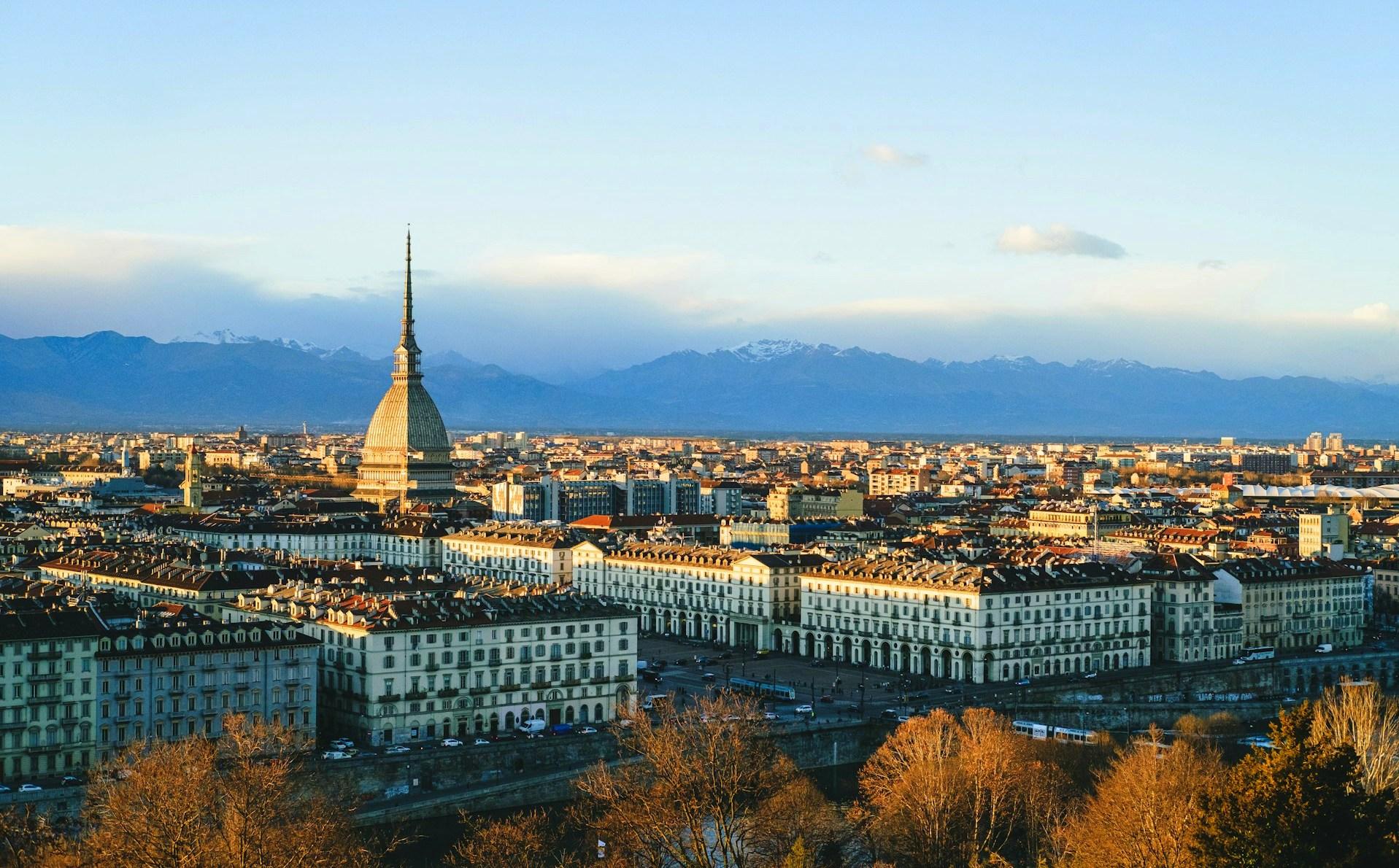
Singapore (Singapore)
Quality of Life Index 150
Average prices of basic goods and services:
- Rent for a one-bedroom apartment per month, centre: 1.8-3.500 euros, other areas: 1.4-2.600 euros;
- lunch for two in a middle-class restaurant: 70 euros;
- white bread (500 g) in a supermarket: 2 euros;
- public transport: 1.4 euros;
- petrol (1 litre): 2 euros;
- basic utilities (per month for an 85 m2 apartment): 154 euros;
- standard mobile phone tariff (per month): 16 euros;
- unlimited internet (per month): 33 euros.
Thanks to wise domestic policies and the influx of foreign investment, Singapore is an example of intensive development and prosperity. The state's business climate, combined with the financial attractiveness and reliability of capital allocation, has resulted in the local economy being recognised as the most competitive in the world. Hundreds of foreign companies are eager to enter the Singapore market, while ambitious professionals from all continents have the opportunity to build successful careers and businesses here. The high cost of living is due to the real incomes of its citizens and the limited space available for further expansion. The city has a highly developed transport infrastructure, affordable prices for consumer goods and reasonable taxation, especially for start-ups.
Residents' biggest expenses are related to property transactions. Singapore is also listed in the Guinness Book of Records as the region with the highest car prices. In line with the population's income, there is a high quality of life and an abundance of market offerings. Two of Singapore's universities are ranked in the world's top 100, and tuition fees for locals are significantly lower than for foreigners. Healthcare is characterised by highly skilled staff and state-of-the-art equipment. Singaporeans are fluent in English and friendly to foreigners. The city's hospitality, entertainment and construction industries are well developed. The seaport and Changi Airport, which is voted the best in the world every year, play an important role in the logistics of the whole of Southeast Asia. It should be noted that investing in Singapore's ever-increasing property prices is a profitable and rational investment.
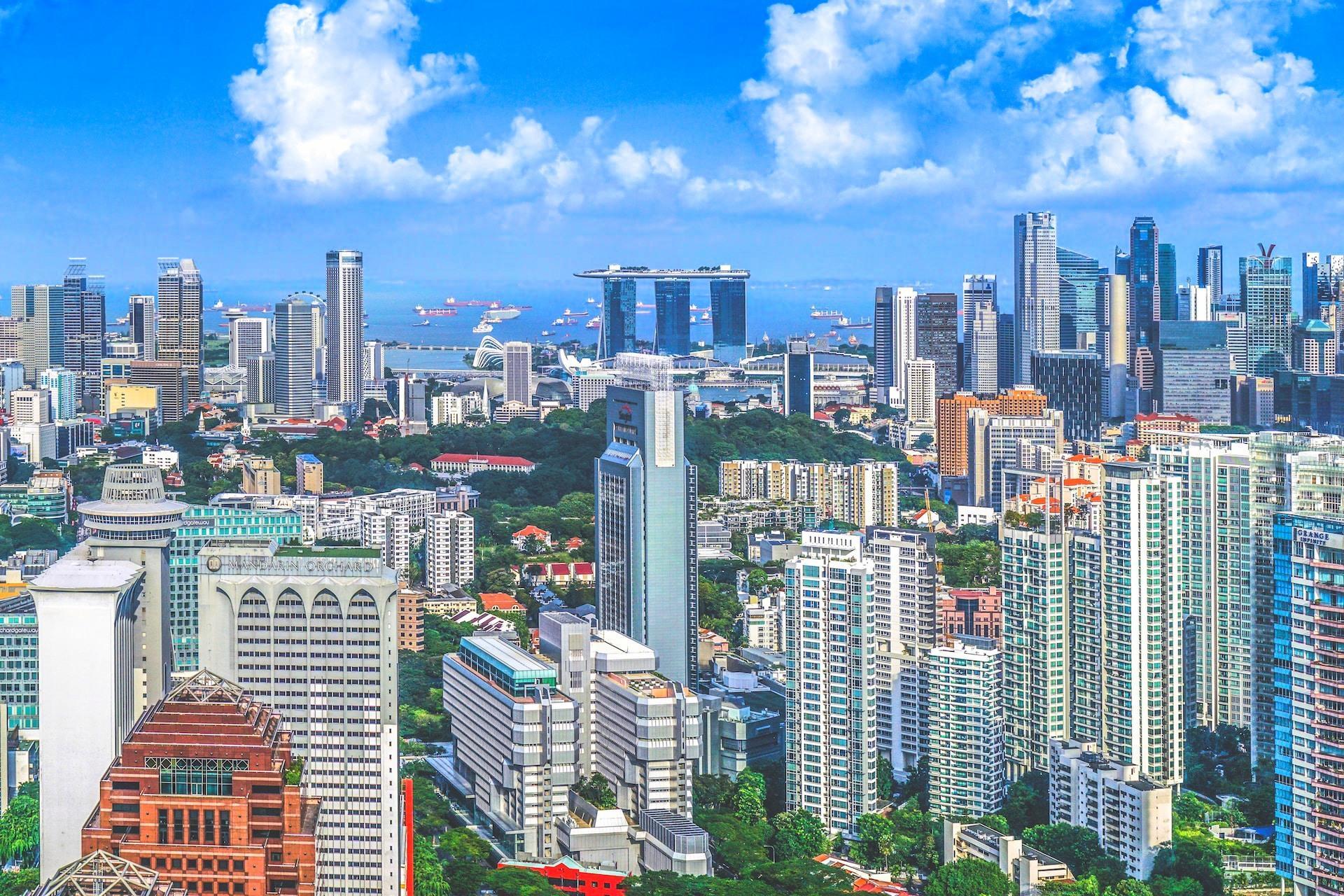
Porto, Portugal
Quality of Life Index 174
Average prices of basic goods and services:
- Rent for a 1-bedroom apartment per month, centre: 800-1,500 euros, other areas 600-1,200 euros;
- lunch for two in a middle-class restaurant: 50 euros;
- white bread (500 g) in a supermarket: 1.3 euros;
- public transport: 1.85 euros;
- petrol (1 litre): 1.75 euros;
- basic utilities (per month for an 85 m2 apartment): 117 euros;
- standard mobile phone tariff (per month): 20 euros;
- unlimited internet (per month): 37 euros.
Portugal's second largest city is located in the north of the country on the hilly Atlantic coast, with a temperate and rather humid climate. The Douro River divides Porto into two parts, linked by the unique two-storey Ponti dos Don Luis bridge. The architecture of the city, where most of the roofs of the cosy houses are tiled, is a mixture of Baroque, Neoclassical and Art Nouveau. The highlight of the exterior is the azulejo ceramic tiles, which can be bought or exchanged in special fund shops. Porto is famous for its port wine cellars, which were first used for bottling. Its many parks and squares make it one of the greenest cities in Europe, and the narrow streets of the centre retain a medieval flavour.
Porto has a large number of architectural monuments, such as the majestic cathedral, the Clerigues Tower and the Church of St Francis. The region is a scientific and industrial centre, with many offices of local and foreign companies, while the port and shipyards play an important role in the Portuguese economy. The city has a keen interest in sports, especially football, and hosts annual international festivals, concerts and exhibitions. Porto is an educational centre and is attractive to digital nomads from various countries, mainly because of government programmes, relatively low cost of living and high security. For job seekers, Porto offers opportunities in engineering, shipping, IT, pharmaceuticals and services. A well-developed transport network allows convenient travel by all modes of transport, including transatlantic routes. As a point of reference, in 2023 Porto will be awarded 'Best Urban Destination in Europe' for the third time.
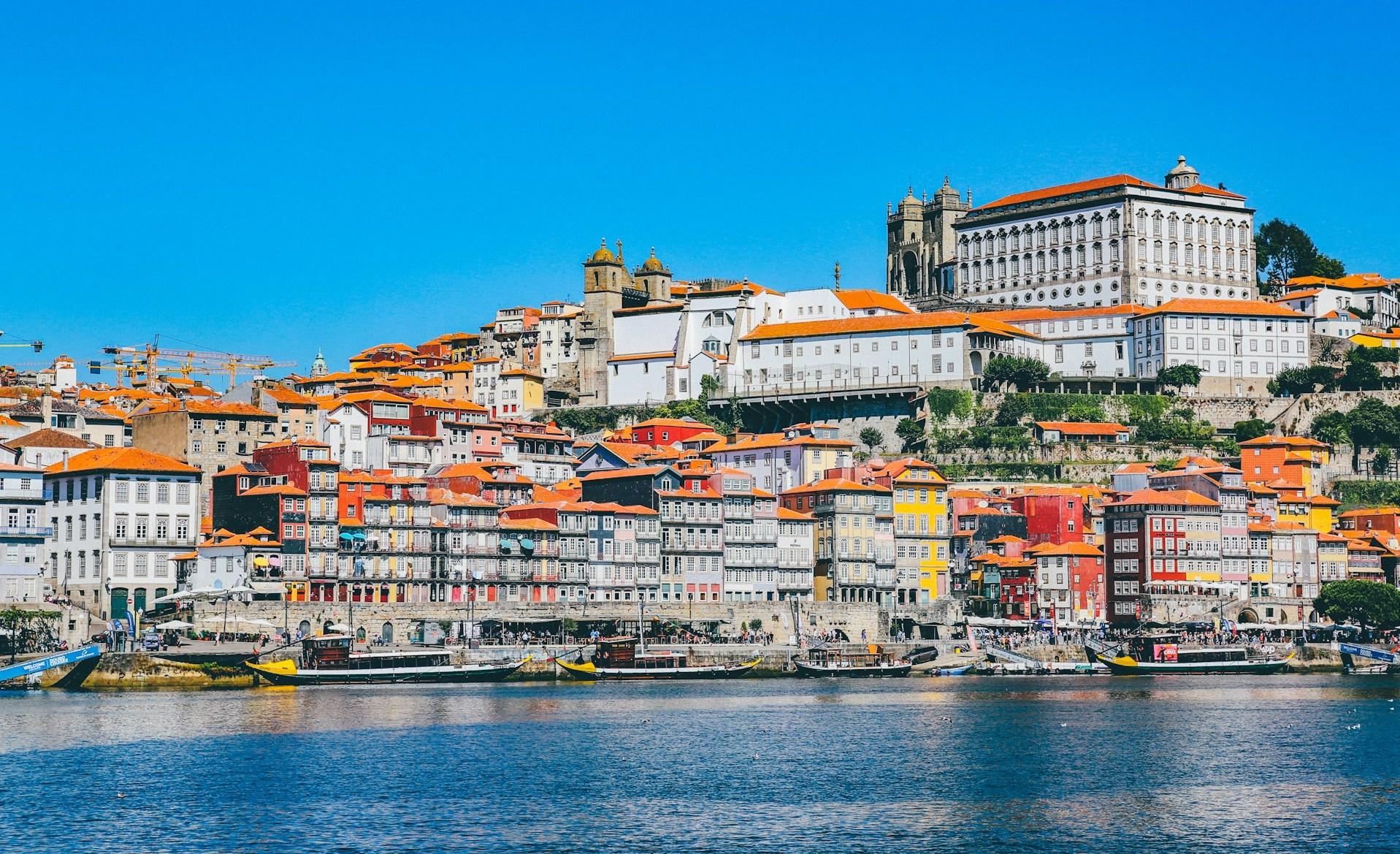
Toulouse, France
Quality of Life Index 185
Average prices of basic goods and services:
- rent for a 1-bedroom apartment per month, centre: 600-1,000 euros, other districts: 500-700 euros;
- lunch for two in a middle-class restaurant: 60 euros;
- white bread (500 g) in a supermarket: 2 euros;
- public transport: 1.8 euro;
- petrol (1 litre): 1.77 euros;
- basic utilities (per month for an 85 m2 apartment): 165 euros;
- standard mobile phone tariff (per month): 20 euros;
- unlimited internet (per month): 32 euros.
Toulouse is located in the south of France on the banks of the Garonne River, 90 kilometres from the Mediterranean coast. With a population of over 500,000, it is the fourth most populous city in the country. The local subtropical climate is characterised by high humidity and heavy rainfall during the summer months. Founded by the Romans in the 5th century, Toulouse is now considered a 'city of art and history', with a collection of historical and architectural monuments, three of which are listed as UNESCO World Heritage Sites: the Canal du Midi, the Basilica of Saint-Sernin and the Hotel De Saint Jacques. The city has a wide variety of architectural styles, from Gothic and Baroque to modern buildings. There are also many museums and theme parks. One of the oldest universities in Europe, the University of Toulouse, together with other local universities, particularly in aerospace engineering and economics, have made the city a major educational centre in the country.
Since 2003, the city has seen the fastest growth in GDP per capita in France, thanks to the development of high-tech industries. In practice, the region's economy rests on three fundamental 'whales': major industrial companies, research centres and a huge pool of students, engineers and scientists. The headquarters and assembly plants of the world-famous Airbus group are located here. Toulouse is considered the capital of European aeronautics and the most dynamic city in France, according to expert agencies. Toulouse is also a centre of research in artificial intelligence, robotics, biotechnology and healthcare. The city has an active theatre and sports scene, with rugby, football and basketball competitions. The property market is dominated by apartments in modern complexes and private villas. Toulouse is particularly interesting for those seeking a high-quality education and for specialists in the aeronautical and engineering industries.
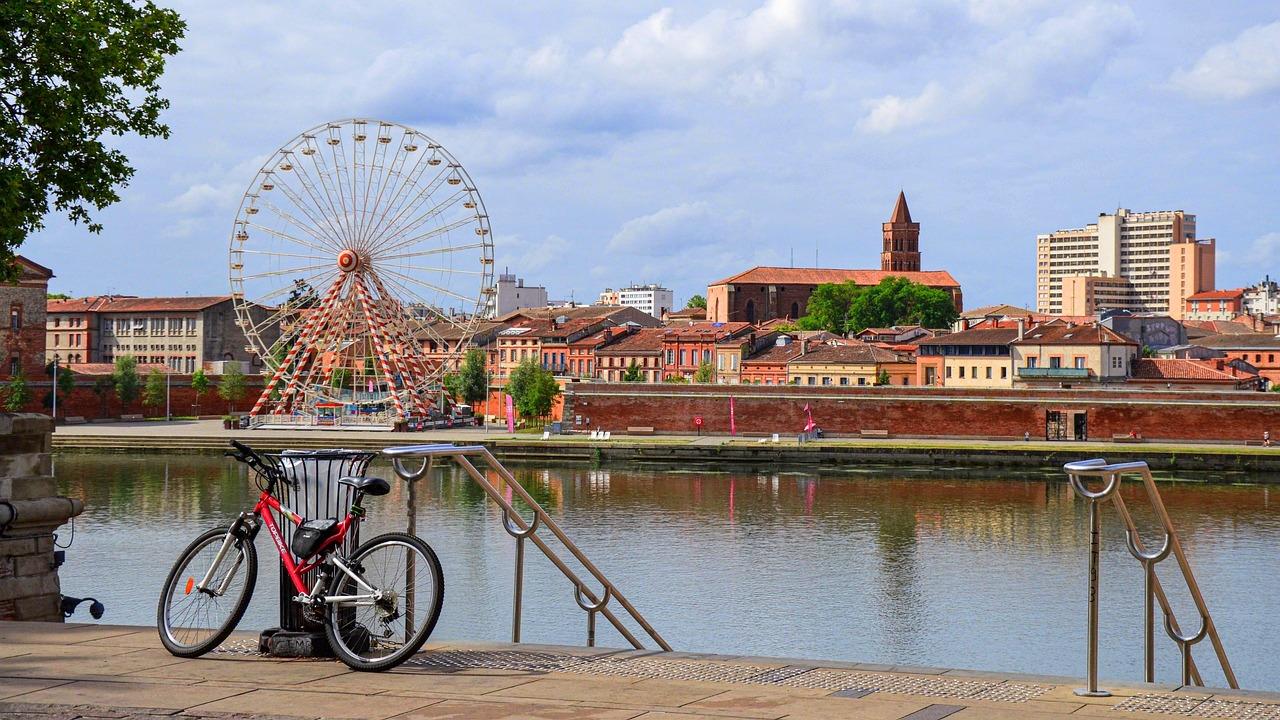
Read also:

